China FM demands US 'show respect', stop harming Beijing's core concerns
Chinese Foreign Minister Qin Gang has demanded from the US to respect its core concerns, such as the Taiwan issue, if it wants to restore strained ties between the two countries.
Qin told his US counterpart Antony Blinken in a phone conversation on Wednesday to respect China’s “core concerns,” stop interfering in the country's internal affairs, and stop harming its sovereignty, security and development in the name of competition, according to the readout of the call released by the Chinese foreign ministry.
The top Chinese diplomat further noted that Sino-US ties had “encountered new difficulties and challenges” since the beginning of the year and that the two sides had a responsibility to work together to properly manage differences and stabilize relations.
“I hope that the US side will take practical actions to implement the important consensus of the meeting between the two heads of state in Bali, move in the same direction as the Chinese side, effectively manage differences, promote exchanges and cooperation, and promote the stabilization of China-US relations,” Qin said as quoted in the foreign ministry's statement.
Ahead of the G20 Summit in Indonesia last December, China's President Xi Jinping told his US counterpart Joe Biden the issue of Taipei is Beijing's “first red line” in bilateral relations, vowing that Washington must not cross the line.
For his part, Blinken reiterated the need for communication “to avoid miscalculation and conflict” and said the US would continue to raise areas of concern as well as potential cooperation with China, according to the US State Department's readout of the phone call.
The high-profile discussion comes ahead of a planned visit to Beijing by the US secretary of state. If Blinken’s trip goes ahead, it will be the first visit to China by Washington’s top diplomat in five years
Blinken cancelled a visit to Beijing in February after Washington alleged earlier in the year that a Chinese spy balloon flew over the country before it was shot down by the American military.
Relations between the rival economic powers have greatly deteriorated by visits to Taiwan of US politicians since then-House Speaker Nancy Pelosi traveled to the self-ruled island in August last year.
Reacting to Pelosi's provocative visit to Taipei last August, China’s army surrounded Taiwan’s main island with days of live-fire drills, summoned the US ambassador and halted some imports from the island in a display of anger against the visit.
China also condemned an April meeting in California between current House Speaker Kevin McCarthy and Taiwanese President Tsai Ing-wen.
Washington continues to antagonize Beijing by siding with Taipei's secessionist administration, engaging in frequent military missions around the island, and serving as its largest weapons supplier.
China maintains sovereignty over Taiwan. The US does not recognize Taiwan as a country and officially supports the 'One China' policy but regularly oversteps its own principles.
The island has become China's most sensitive territorial issue and a major bone of contention with Washington.
'Gaza has won': Social media users react to ceasefire with mix of relief, joy
Iran seeks South Korea’s assistance for AI, fiber-optic projects
VIDEO | Iran's 'Eqtedar' (Power) maneuver
Israel hits HTS military target in Syria for 1st time since fall of Assad
VIDEO | Press TV's news headlines
Israel has slaughtered 13,000 students in Gaza, West Bank
VIDEO | More Zionist than Zionists: Biden’s legacy to be defined by Gaza genocide
Hamas confirms handing approval of Gaza ceasefire deal to mediators


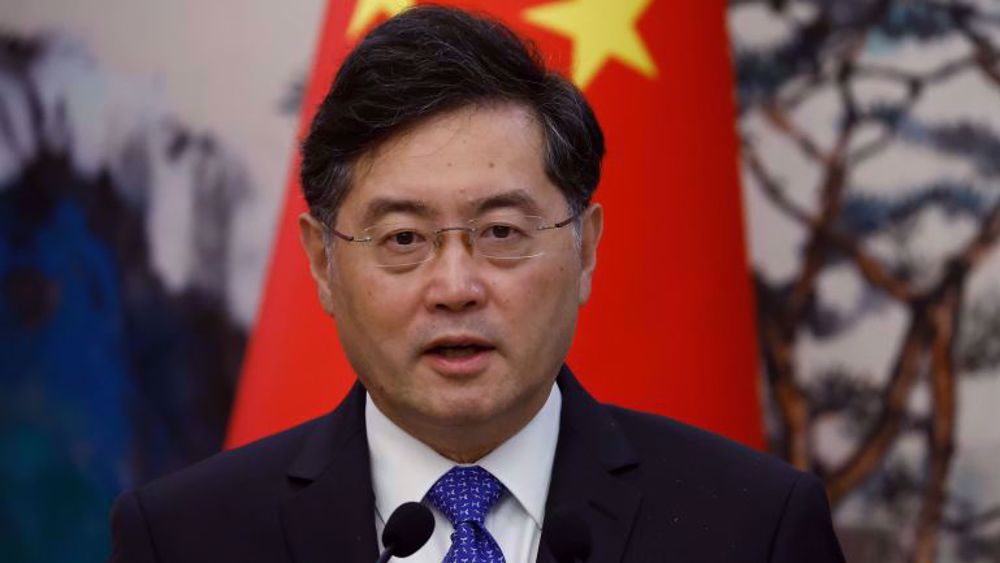
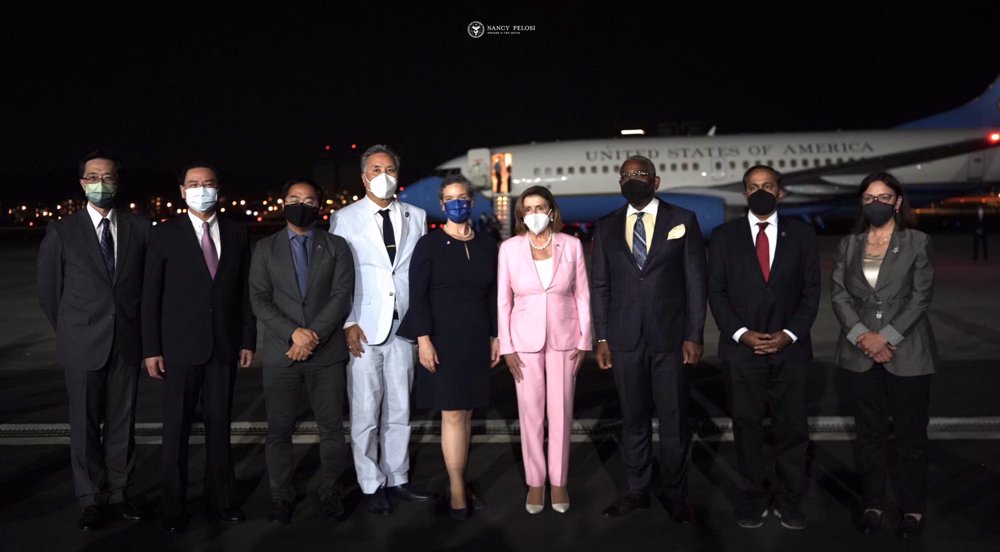


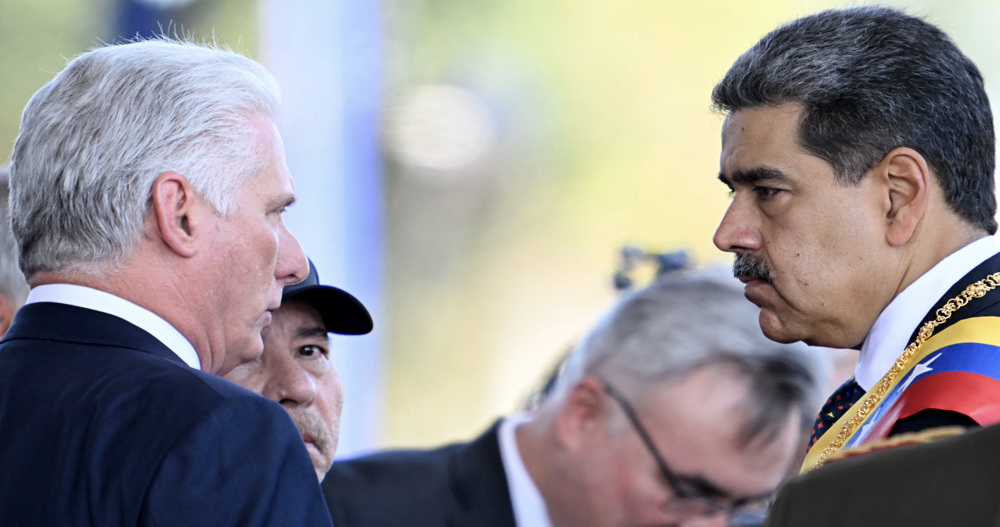
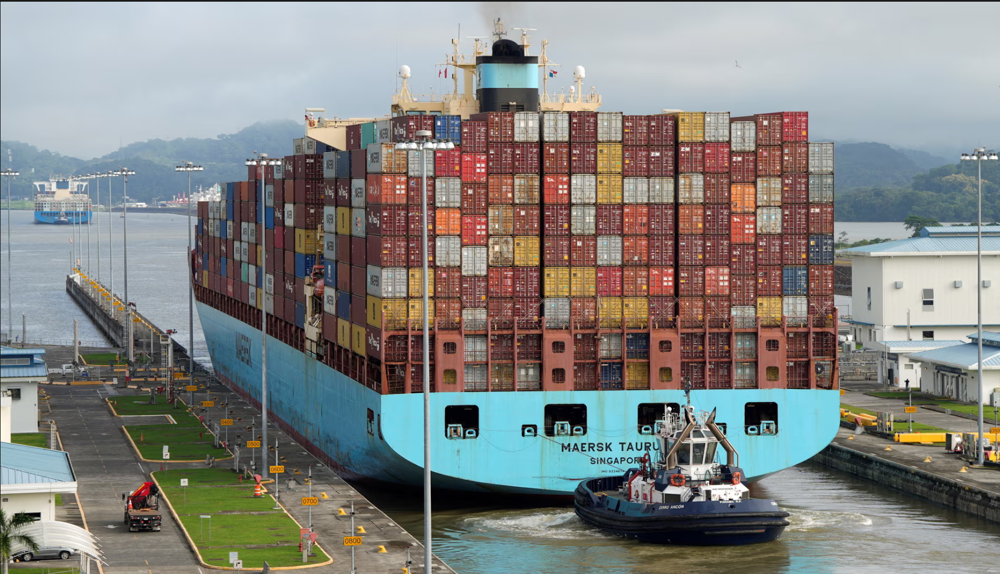



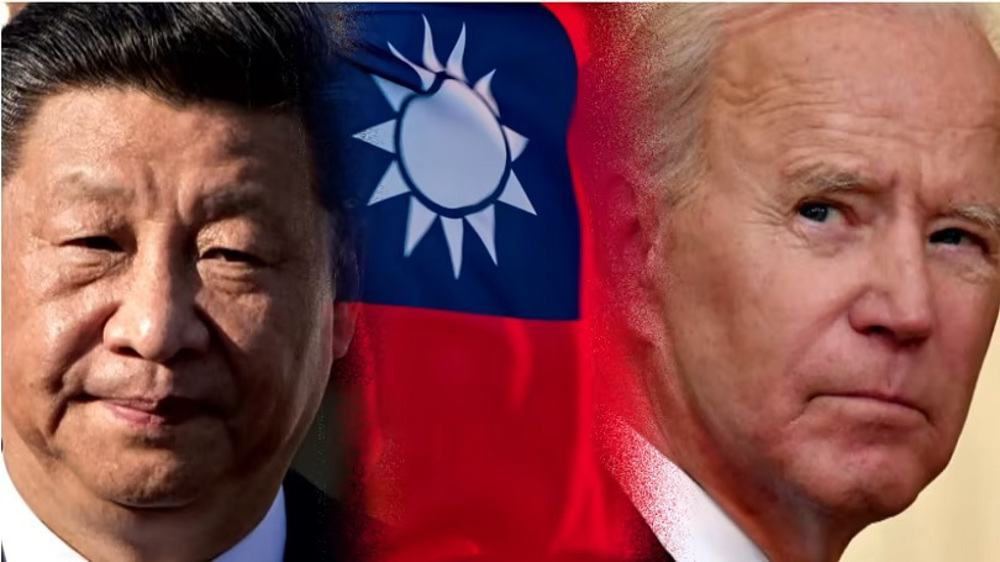
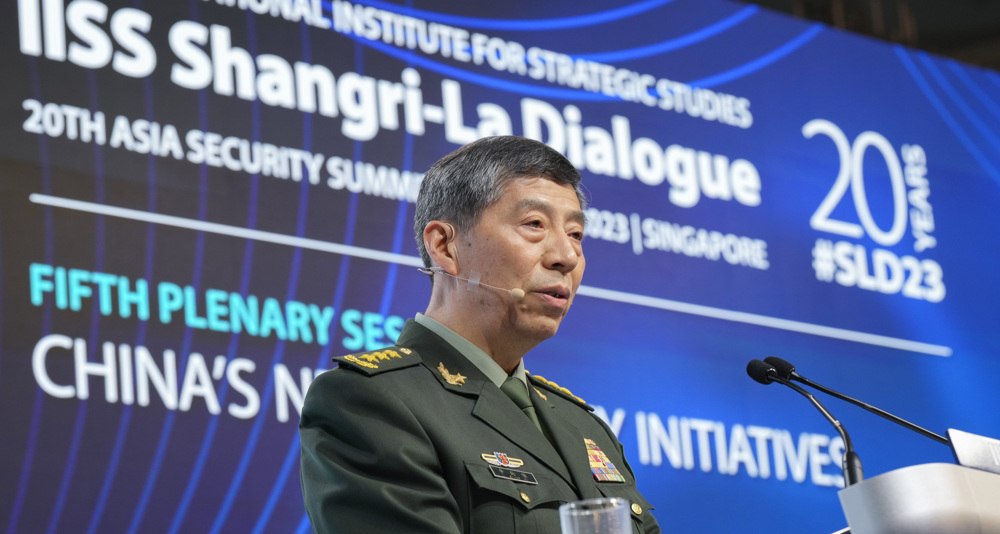
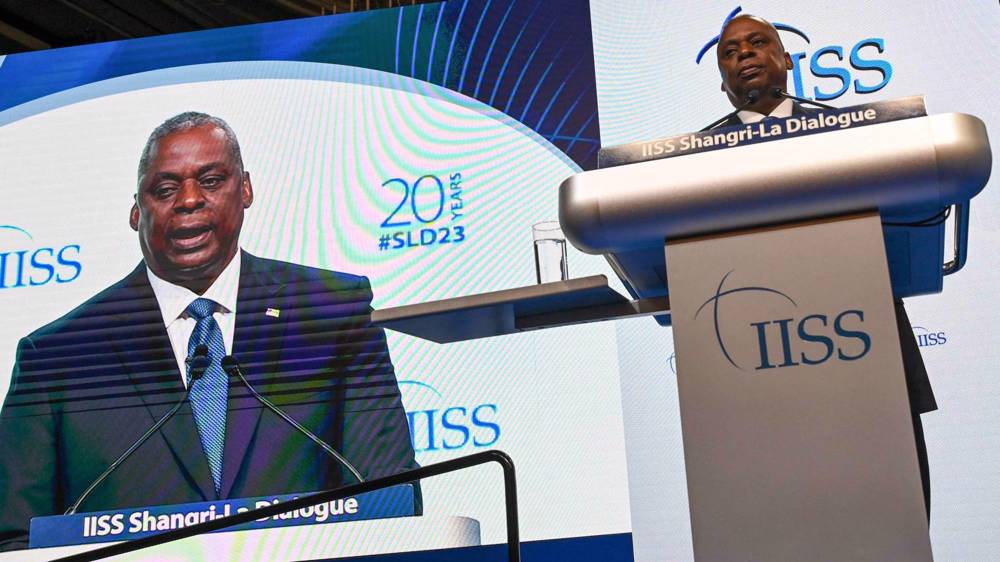
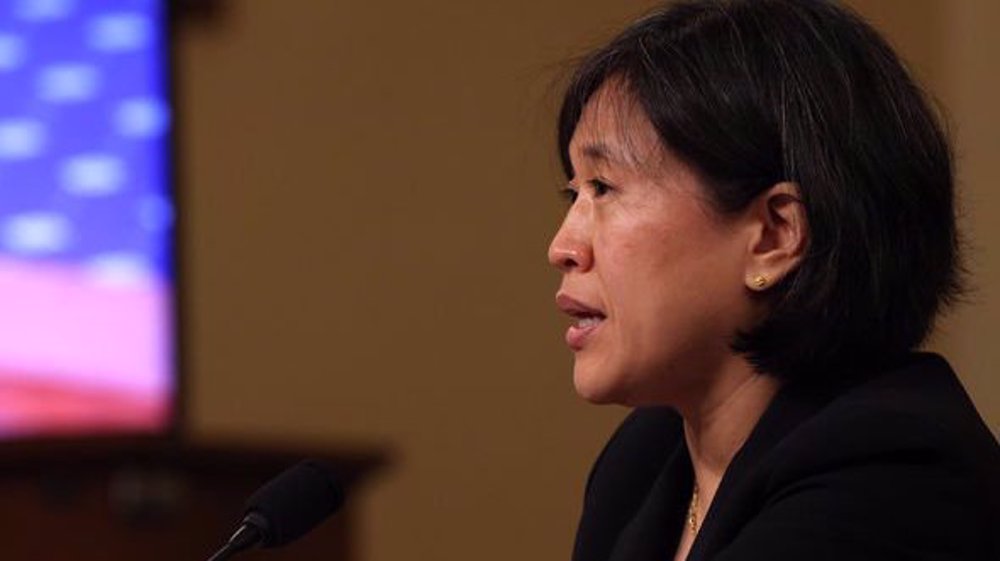

 This makes it easy to access the Press TV website
This makes it easy to access the Press TV website